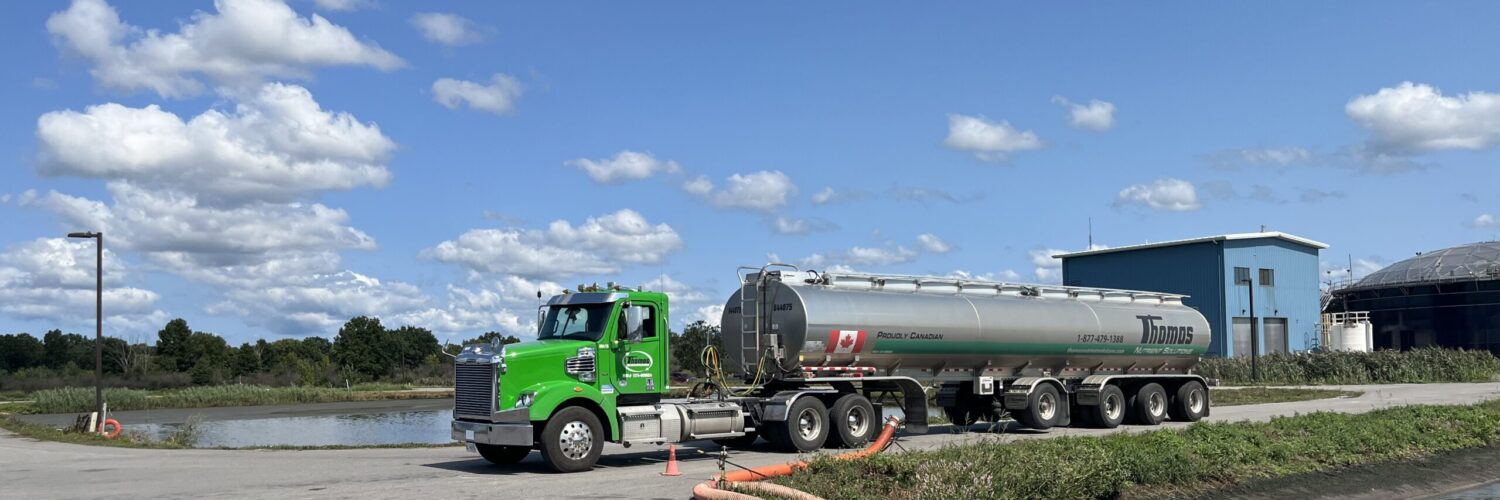World leaders agree that the availability of fresh water is a major concern in attaining a sustainable ecosystem. The rise of water pollution due to industrialization and rapid economic growth threatens the quality of water resources in many parts of the globe.
When household or industrial residues such as nitrogen and phosphorus in wastewater are improperly discharged into waterways, this can cause eutrophication which then results in harmful algal blooms, dead zones, and fish kills.
A start-up that is affiliated with the Purdue University in Indiana called Gen3Bio Inc. has developed a patented technology that recycles wastewater algae used in the treatment process. While unabated algal blooms can be devastating to the environment, algae are often used in wastewater treatment facilities to lower the nutrient load of effluent. Usually these are thrown in landfills and can release dangerous greenhouse gases into the atmosphere.
Gen3Bio has developed a method that converts the wastewater algae into various by-products such as aquaculture fish food, succinic acid or biodegradable plastics.
Kelvin Okamoto, founder and chief executive officer of Gen3Bio, states that the patented enzyme developed by the company breaks down the wastewater algae and pulls out the necessary nutrients needed to produce specialty chemicals that becomes the base ingredients of these useful by-products.
Gen3Bio was able to demonstrate its process at a Wisconsin wastewater treatment facility using its 15-gallon mobile pilot plant being optimized in Gen3Bio’s wet lab at The University of Toledo using technology that is patented and exclusively licensed from the university. The pilot plant scales the process demonstrated in the lab on tens of diverse algae samples.
Gen3Bio uses a proprietary blend of enzymes to obtain cellular sugars, fats and proteins and from wastewater algae, producing succinic acid, aquaculture fish food and other value-based products. Gen3Bio is able to to eliminate high capital and operational costs by working with algae producers for cost-effective algae disposal methods that would’ve otherwise hindered implementation of algae technology by wastewater treatment facilities. Their process can thus reduce nutrient discharges that lead to hazardous algae blooms and dead zones.
Okamoto added that the usual processes to extract biochemicals from wastewater algae often degrade a sizeable portion of the cell contents and are energy intensive. He notes that, “The most common processes used today target the fats in the microalgae, which can then be used in biodiesel. However, these processes break down the sugars and proteins which can be valuable and utilized to produce bio-based chemicals. Petroleum-based diesel sells wholesale for about 15 cents a pound right now, so the companies producing only biodiesel have difficulty competing profitably because of this low cost. They lose money doing that.”
This innovative approach, if successful, will allow the organization to scale its pilot program in preparation for full commercialization. This would not only add another income stream for wastewater treatment facilities if they are able to harvest the nutrients from algae and commercialize its by-products, it would also improve the quality of the effluent that they discharge into the waterways. Reducing the nutrient load of the effluent would significantly reduce the eutrophication of the water which fuels ecologically damaging algal blooms.
The work that companies like Gen3Bio are doing are helping create a more sustainable and affordable solution to the water pollution that has plagued our water systems for many years.
If you are a municipality in Ontario and in need of a biosolids management solution, please feel free to contact us at 1 (877) 479-1388.
Sources:
https://www.purdue.edu/
https://phys.org/news

